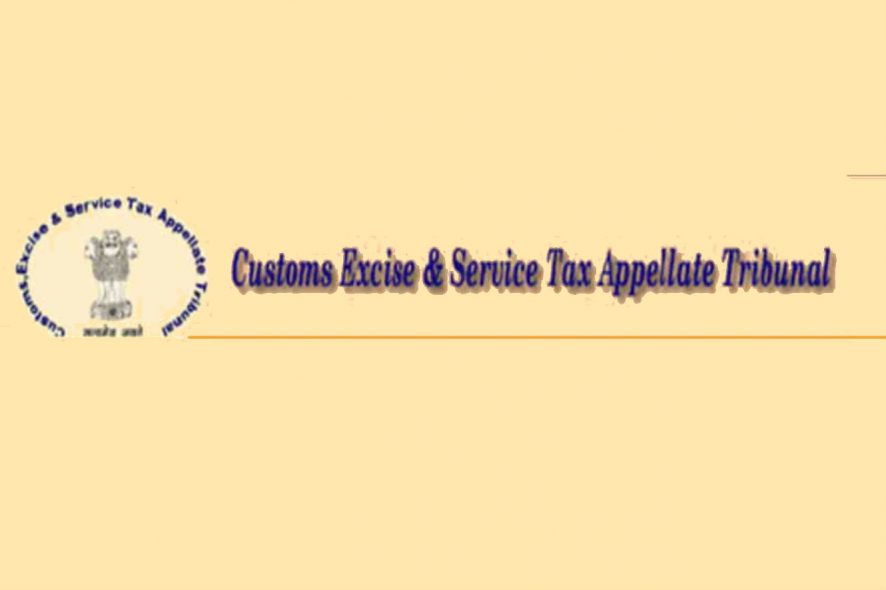Custom, Excise and Service Tax Appellant Tribunal (CESTAT): S.S. Garg (Judicial Member) remanded the matter to its original authority where the appellants had appealed against an order where the Commissioner of Central Excise and Central Tax had partially allowed and rejected their refund claim on various grounds.
The appellants were registered with the service tax department under the category of Consulting Engineering, Business Auxiliary Services, Maintenance and Repair Services, Erection, Commissioning and Installation Service and Management Consultant Services. They filed for refund claims of unutilized CENVAT credit paid on input services used for providing the Consulting Engineering Services. A show-cause notice was issued to the appellants seeking rejection of the claims on various discrepancies/shortcomings. Their claims were partially rejected and partially allowed by the concerned authority.
Disha Gursahaney, Counsel for the appellants, submitted that the order rejecting the refund was not sustainable in law as the same had been passed without appreciating the definition of ‘Input Service’, through which the refund claim could have been rejected had there been no nexus with the output service. The refunds were also rejected on certain services on the ground that there was no direct nexus between the input services which were used for providing taxable output service which was exported, but the said services were held to be input services by various decisions of the Tribunal. Further, the refund cannot be denied on the ground that there was no address of the assessee on certain invoices. Finally, the test of whether an input service adversely affects the quality and efficiency of the provisions of output service was not prescribed anywhere in the Rules. The language employed in Rules was a determinative factor of legislative intent and it was improper to add any words thereto and evolve some legislative intent, not found in the statute itself.
The Tribunal accepted the contentions raised by the appellants and held that order of the Commissioner rejecting the refund claims on the ground that there was no direct nexus between the input service and the output services was not legally sustainable. Denial of refund on lack of nexus was not sustainable in law and therefore, the appellants were entitled to the refund on the input services. The appellants were also entitled to refund of CENVAT credit in respect of Commercial and Industrial Construction Service, Company Secretary and Public Relation Management Service being essential for rendering output service.
The Tribunal remanded the matter back to the original authority and ordered them to examine the documents which may be produced by the appellants in support of their refund claims. As far as denial of refund on the basis of debit notes in which the amount paid and services received was concerned, the Tribunal held that debit note was a valid document for claiming CENVAT credit under Rule 9 of the CENVAT Credit Rules, 2004.
Finally, denial of refund on other procedural irregularities was also not sustainable in law because the appellant was engaged in the export of service, where rendering output service was essential. [Ingersoll Rand Technologies and Services (P) Ltd. v. Commr. of Central Excise and Central Tax, 2019 SCC OnLine CESTAT 2167, decided on 22-11-2019]







